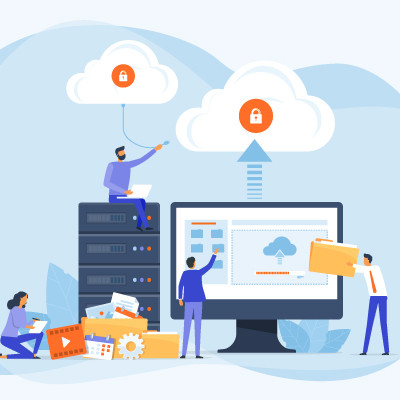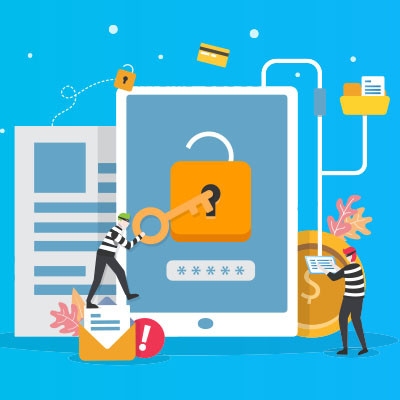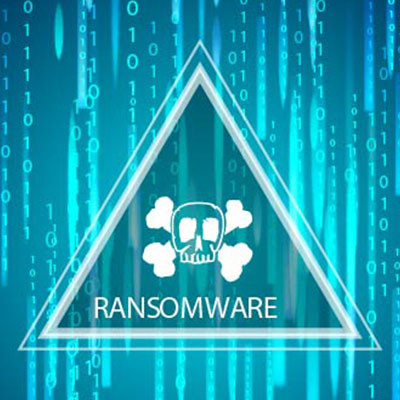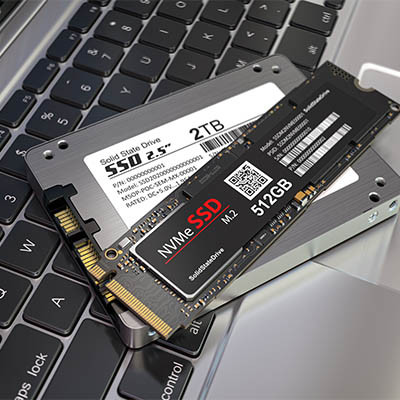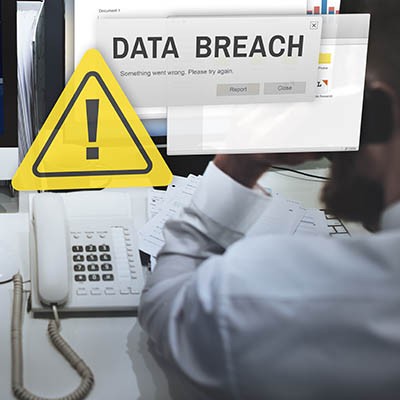Ransomware seems to be everywhere. One can hardly turn on the news without hearing about a new ransomware attack—and that’s just the ones that hit the news cycle, not to mention the smaller ones that are either hidden by the companies or not considered newsworthy. Meanwhile, businesses are urged to invest in more security tools and IT-themed acronyms than ever. Is all this investment actually worth it? Is ransomware actually as significant a threat as it is made out to be?
The truth is, it isn’t. If anything, it’s even worse.

